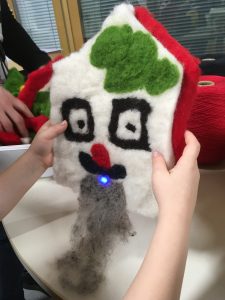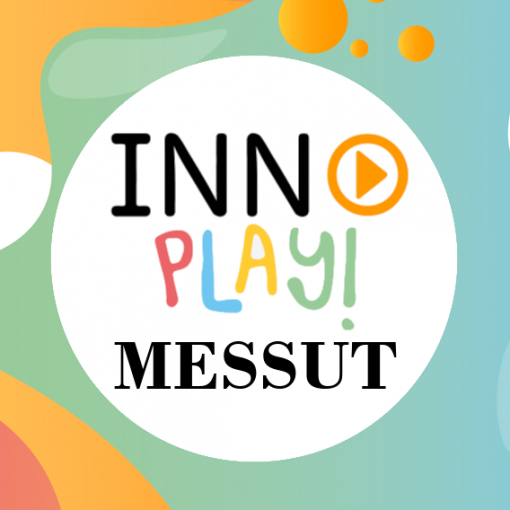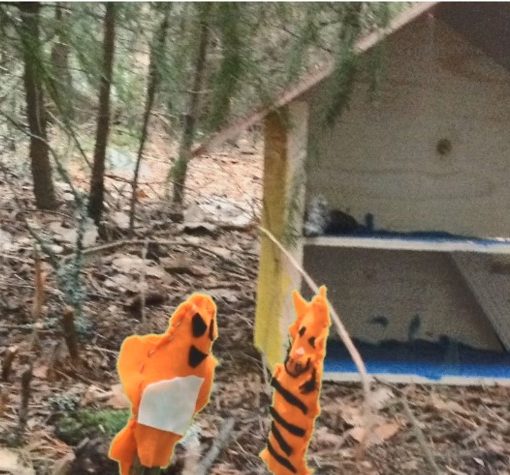Abstract

The present study explored pre-primary students’ investigative activity during a longitudinal, integrative technology education project: the
Power Creatures project. Investigative activity refers to the way young children act in a learning context that combines inquiry-based activities with creative hands-on activities, such as designing and crafting. Nineteen pre-primary students (aged five to six years) and two teachers participated in the case study. The main data set consisted of six video-recorded small-group sessions in which the children experimented with electronics and designed and made felted creatures containing soft circuits. The data were analysed using a theory-based, deductive content analysis. The results indicate that playful, investigative activities support pre-primary students’ learning of everyday technologies and that children can transfer their understanding of the technological process from one situation to another. This process requires careful pedagogical planning and scaffolding that maintains the longitudinal process and adapts to its established and evolving goals.
Keywords
pre-primary education, technology education, investigative activity, STEAM, craft education, child-centred pedagogy
RÖNKKÖ, Marja-Leena; YLIVERRONEN, Virpi; KANGAS, Kaiju. Investigative activity in pre-primary technology education: The Power Creatures project. Design and Technology Education: an International Journal, [S.l.], v. 26, n. 1, p. 29-44, feb. 2021. ISSN 1360-1431. Available at: <https://ojs.lboro.ac.uk/DATE/article/view/2885>. Date accessed: 28 feb. 2021.




